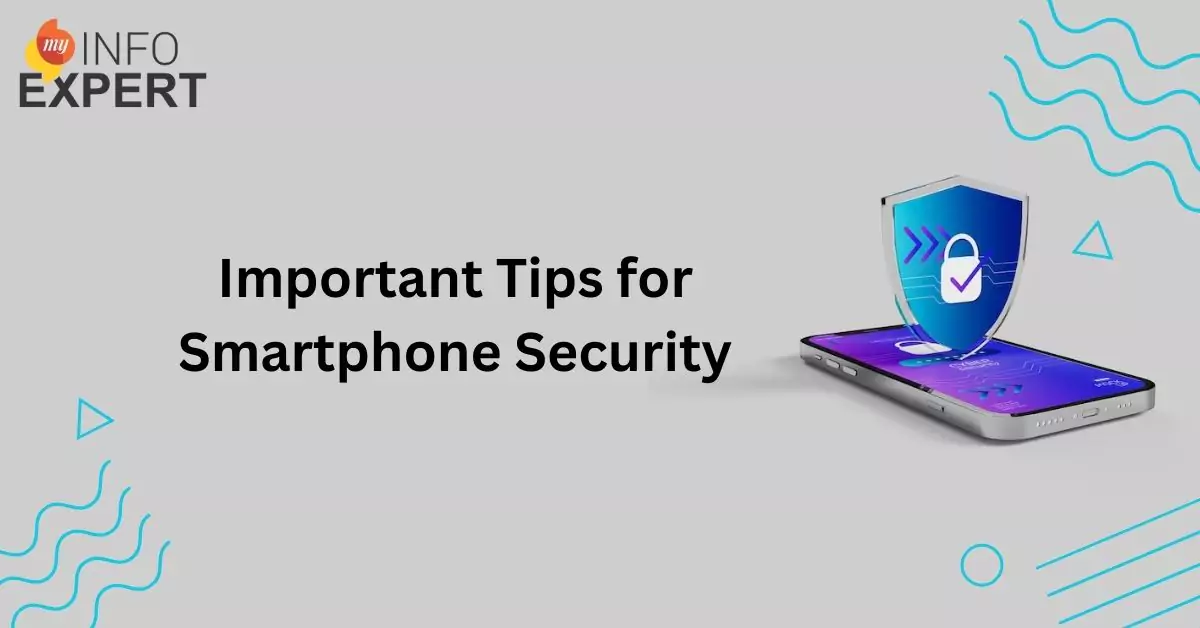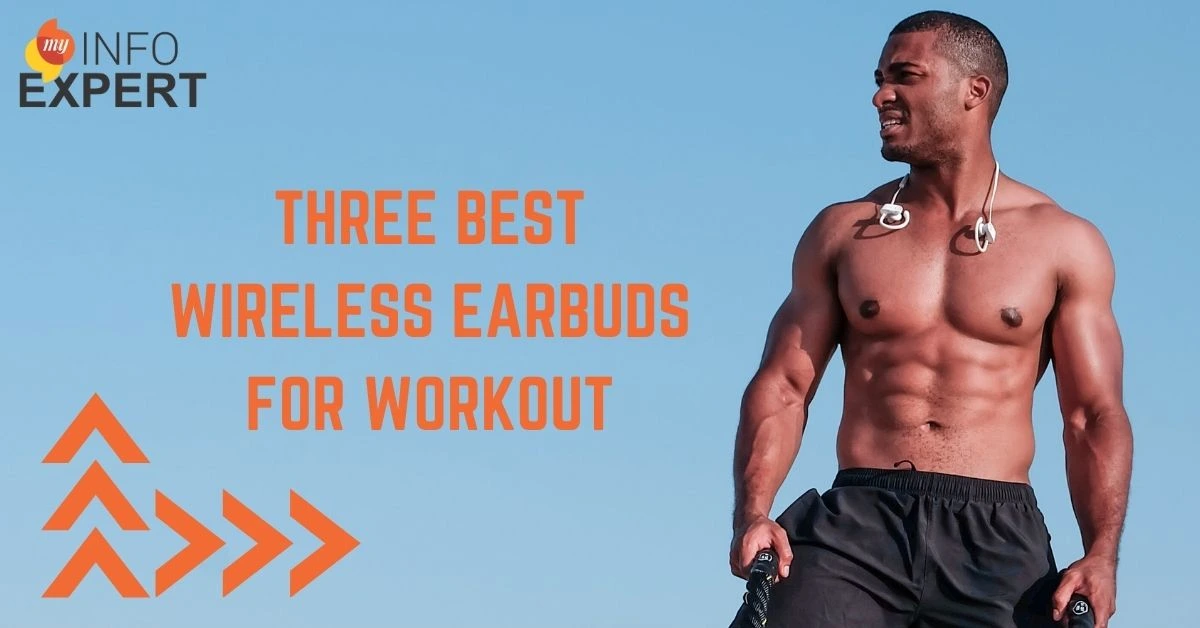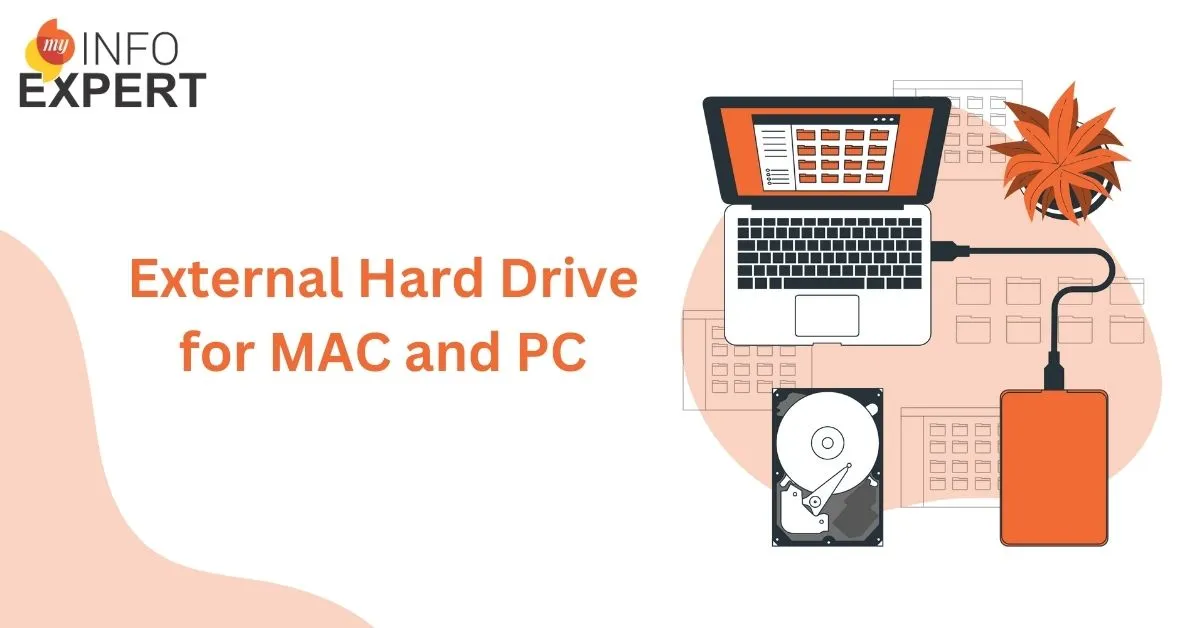The number of photographers now has certainly increased from a few decades ago. This has a lot to do with our ever-evolving technology. People waited days before they see the pictures they have taken. Those on vacations will have to wait for when they get back and have their rolls processed. Modern cameras now come equipped with screens to view pictures instantaneously. Even more recent models have Bluetooth capability to export pictures directly into mobile phones to be posted on social media. We have certainly gone a long way from using films in photography.
Table of Contents
Emergence of Accessories
As camera use grew in popularity, its accessories also tagged along for the ride. It can be considered that the flash was one of the very first camera accessories to be used. It gave the cameras at that time to flexibility and the independence to be used in any environment, regardless of the lighting condition. After that came the lens. The old versions of cameras didn’t come with a detachable lens. You would have to switch to a different set up if you want a different view. Lenses have, for the most part, made cameras popular to the public. It allowed people to buy one camera and just get relatively cheap lenses for their use. After that came more lighting equipment, bags, light meters, and the likes. Walking in malls, you will notice that photography stores sell a lot more accessories than actual cameras.
Why Do We Need Accessories?
For most photography purist, a simple camera set up is all that they need to create beautiful photographs. They take great pride in their minimalist and simple approach to photography. For the vast majority of professional photographers out there, accessories give them convenience. Because we live in a world dominated by a fast-paced lifestyle, being efficient could mean the difference between success and failure.
In photography, being able to render a project quickly and submit it to the client as soon as possible gives you the upper hand against your competitors. Accessories allow that to happen. Having the right light meter correctly balance your light means far less editing and color correction. Having a tripod means less motion blurs and it offers far more stability to take long exposure shots. A good camera bag means being able to organize your equipment and be ready for the next project.
You can certainly be a great photographer without all the bells and whistles that come with it, but having great accessories can make you into an efficient photographer.
Must Read: Top 9 Colleges for Fashion Photography in India
Essential Camera Accessories
A quick search of camera accessories online and you will be inundated with page after page listing all the must-have camera accessories and various reasons why you need them in your set up. This list will comprise of just the essentials that both hobbyists and professional photographers should have.
1. Tripod
A good camera tripod gives you the ability to shoot at a precise angle and hold it for as long as possible creating sharper images. There’s no need to worry about blurring a shot when using a tripod, especially when using certain lenses that are sensitive to movement. A tripod also gives you the ability to shoot at a slower shutter speed allowing you to optimize your depth of field.
Tripods are also great when you want to shoot long exposure shots. Images like these need to accumulate as much light as possible so stability is of utmost importance. Even event photo booths, like vip photo booth, which uses a single backdrop utilize a tripod for uniformity in all the shots taken, recreating the look and vibe of a true photo booth picture.
2. Remote shutter release
Have you ever experienced taking a group shot but with one person missing? That’s the primary reason many photographers use a remote shutter release. Sure, most cameras have a built-in timer but you can’t release use one for situations where being discreet is important. Being able to shoot from a distance is exceptionally useful, not to mention safer, for wildlife photographers.
A remote shutter button comes in two forms. One is tethered, meaning it connects to the camera with a wire. The other one uses either Infrared or Bluetooth connection. Before getting one, you should check for the models that are compatible with your camera and your shooting preference.
3. Macro lens
The reason a macro lens made it to this list is its versatility. For the most part, this lens was created to capture small subjects at close range. They can allow you to focus much closer than regular lenses creating sharp images of insects, plants, and other small products. Macro lenses can also be used in other situations.
Macro lenses have a far wider shooting range than most lenses. They are most optimized for shooting at close proximity but they can focus up to infinity, making them great lenses for general use. I, myself, only ever take a macro lens when I am on vacation to save on weight and for convenience. They are great for portraiture shots, as well as group shots.
4. Camera bag
Cameras are expensive pieces of technology. Buying one is going to cost you a pretty penny and getting one repaired is even more costly. It only makes sense that we keep them free of damage as much as possible. This is why for many photographers, both pro and beginners should invest in a good quality camera bag.
Camera bags were designed to keep your cameras and all your other accessories safe from any damage. These are most useful when you’re traveling from one location to the next. These bags are also perfect for organizing your equipment, making it a lot easier to locate memory cards, extra battery, or a different lens when you need to.
5. Neck, shoulder, or wrist strap
Without a camera strap, probably you may drop your camera. Most cameras come with a basic neck strap with the brand’s logo emblazoned on it. Straps come in a variety of size and color for you to choose from. If you regularly carry a camera around, or when on a vacation, make sure to have a strap that’s wide and come with padding for your comfort. For heavier cameras, a shoulder strap is great at relieving tension from your neck. For lighter cameras, a wrist strap is perfect for shooting quickly while still securing your camera.
At www.myinfoexpert.com, we are not affiliated with any products/services & neither do we recommend those brands, sub-brands or products in any manner. Our Main Aim is to enrich our readers with Research Tips & valuable Information to our readers. We are not liable for any type of content/information shown or advertised on our platform.
*Readers are advised to proceed further at their own risk, while/if buying a product/service.
I’m Jimish Shah a professional blogger, digital marketer, and content marketer also with over 8 years of experience. My focus is on providing the most researched information to new startups, entrepreneurs, freelancers, and bloggers. My objective is to educate the youth of today on a broad range of subjects.





